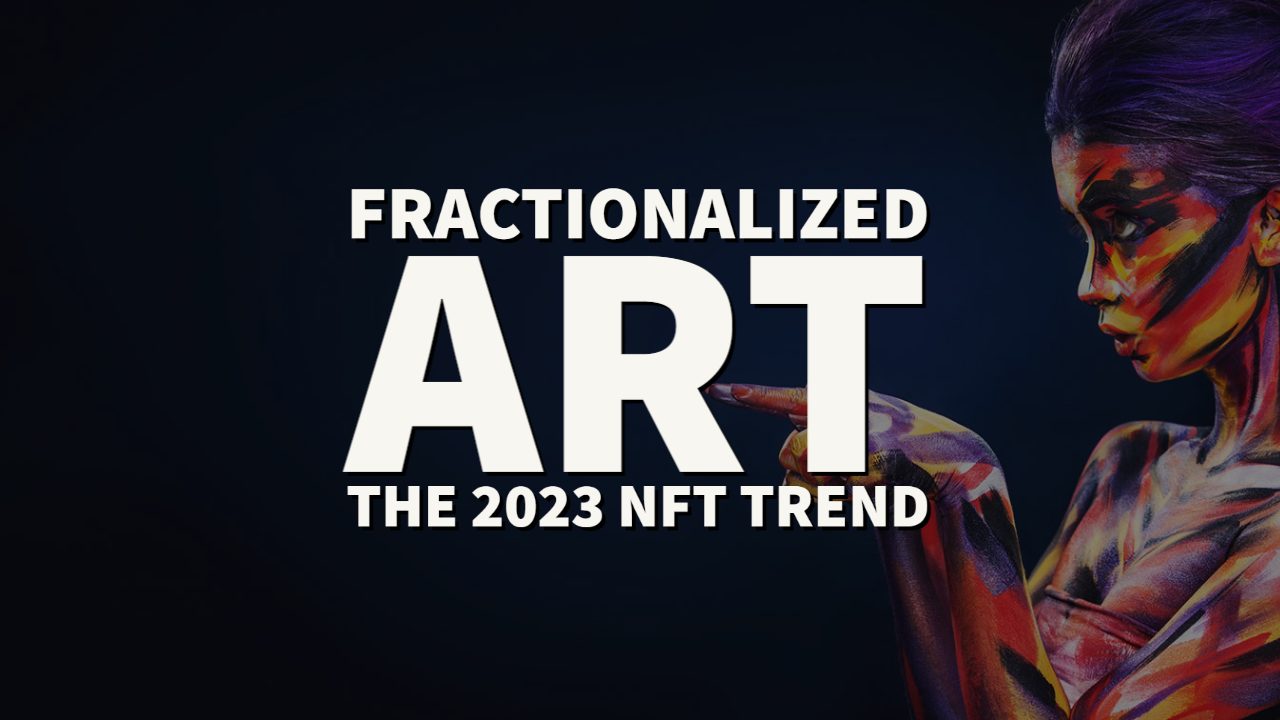Fractionalized Art and NFTs. The Future of Liquidity
NFTs have brought undeniable attention and appreciation to the art world. While many artists amazing artists like Takashi Murakami, Pak, and Trevor Jones have been able to take advantage of the emerging canvas, there is an undeniable opportunities for legacy art collections to become fractionalized. From Banksy to Warhol, the potential for fractional art ownership is here.
What is Fractionalized Art?
Fractionalized art refers to the practice of dividing ownership of a work of art into smaller, more affordable units, which can be bought and sold individually. This concept has gained popularity in recent years due to the emergence of non-fungible tokens (NFTs) and the increased accessibility of digital art markets.
Why 2023 will be a big year for Fractional NFTs
- Increased accessibility: Fractionalized art makes it possible for a wider range of collectors to own a piece of a valuable work of art, rather than having to purchase the entire piece outright. This can make art collecting more accessible to a broader audience.
- Increased liquidity: Fractionalized art can be bought and sold more easily, as it can be divided into smaller units that can be traded independently. This can provide more liquidity for collectors and allow them to more easily monetize their investments.
- Digital ownership: NFTs and other blockchain technologies enable the creation of digital ownership records for fractionalized art, which can provide greater security and transparency in the art market.
- Potential for appreciation: Like other forms of art, fractionalized art has the potential to appreciate in value over time. However, it is important to note that the value of fractionalized art is highly speculative and can fluctuate significantly.
Overall, fractionalized art represents a new and potentially transformative way of owning and trading art, which could greatly expand the market and democratize access to collectible works.
Ask yourself, if you legitimately own a piece of art history would you? I think the answer is yes.



